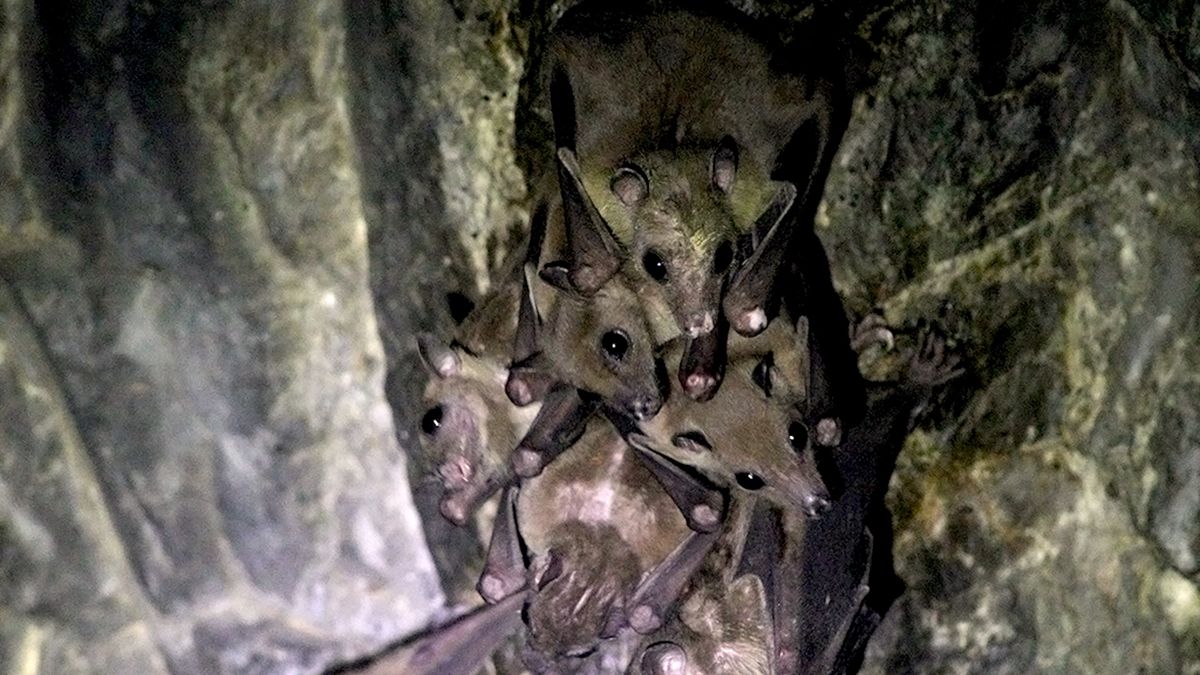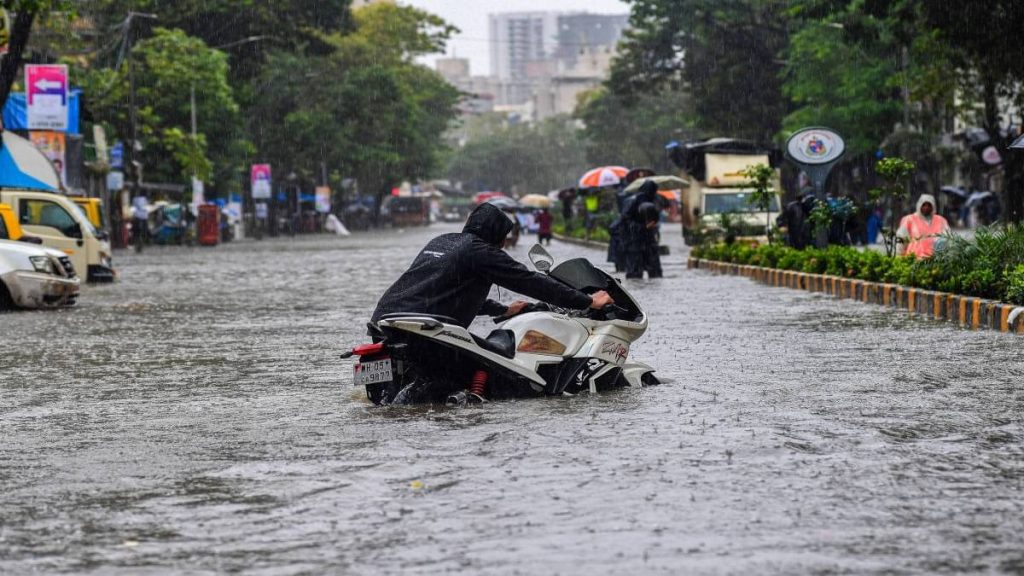Now Reading: Scientists Discover New Viruses in Chinese Bats
-
01
Scientists Discover New Viruses in Chinese Bats
Scientists Discover New Viruses in Chinese Bats

quick Summary
- Chinese scientists have discovered 22 viruses in bats living near humans, with 20 of them being previously unknown.
- Study focused on kidney samples from 142 bats across 10 species in Yunnan province.
- Two new viruses where closely related to Nipah and Hendra viruses, which can cause severe diseases but pose no immediate threat as they are not detected in humans yet.
- Genetic analysis also revealed a new protozoan parasite and two types of bacteria, one of which is novel to science.
- Researchers emphasize the meaning of studying bat kidneys due to potential transmission through urine-contaminated fruit or other means.
- Bats often live close to human populations, raising concerns about zoonotic spillover risks at the animal-human interface.
- Experts suggest enhanced monitoring and surveillance of both animals and human populations near wildlife as crucial for preventing pandemics.
Indian opinion Analysis
The findings underline global vulnerability at the animal-human interface-an issue particularly relevant for India given its dense population centers coexisting with diverse wildlife. Forested regions, agricultural practices involving fruit cultivation, and instances where contaminated food resources interact with livestock or humans make India susceptible to zoonotic spillovers. The revelation reinforces the urgency for heightened environmental preservation efforts alongside proactive health surveillance systems tailored toward early detection.
Current emphasis on bat-host studies reminds Indian stakeholders that introducing stricter protocols around habitats shared by wildlife and humans coudl substantially limit spillover risks. Moreover, promoting robust research programs in virology similar to models seen globally can position India better against future pandemic threats while contributing meaningfully to international data sharing frameworks critical for disease prevention.


























